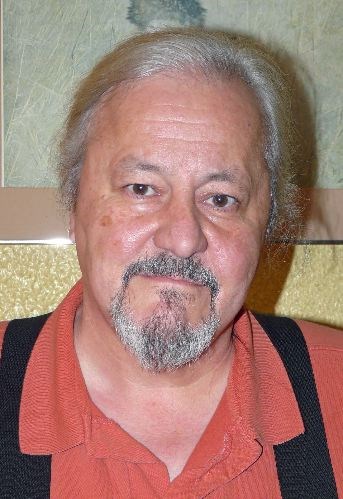Citizen Poll For School Trustee Candidates
Response from Andrew Burton
I am Andrew Burton. I have lived and worked in Prince George since 1995. I have a Bachelors degree in Social Work and A Masters Degree in Education. I have worked as a youth counselor and as the Drug Prevention Coordinator for Northern Health. I was a presence at the Youth Around Prince Resource Centre for many years where I am known for founding the award winning Street Spirits Theatre program, engaging young people in performance designed to raise awareness of social problems. I have conducted youth groups in a number of our schools over the years and have led performances and workshops on a range of topics including bullying, family violence, substance use and racism. I believe that I have a contribution to make to our schools.
The Questions:
1. What is your age and occupation?
I am 59 years old. I currently work for Population Health as a Regional Tobacco Reduction Coordinator. In the past I have worked as a youth counselor and as Drug Prevention Coordinator.
2. Do you have children in School District 57? If so, what are their ages and what school(s) do they attend?
I have two grandchildren in school. They are 11 and 7. One attends College Heights Elementary the other attends Van Bien.
2. What qualifications do you possess that would help you in your duties as a trustee?
I have worked with young people for many years. I have done a great deal of work in schools providing group support programs and awareness raising presentations on a range of topics. My work with schools has given me insight into the problems our teachers and administrators must face on a daily basis. I worked for many years at the Youth Around Prince Resource centre where I founded and continue to run the Street Spirits Theatre program. My work with Street Spirits has given me a good understanding both of the issues young people deal with and their concerns about those issues. Academically I have a Masters Degree in Education and a Bachelors Degree in Social Work. I understand the process of developing and delivering educational programs.
3. Do you see room for improvement in how school board meetings are conducted? If so, how would you improve them?
I would like to see more informal consultation processes built into the way a school board operates. The current process does not lend itself effectively enough to community involvement. I believe that we need a greater public interest and voice in the decision making process.
4. In what ways could the school district and the provincial government better spend existing funds for education?
There are a number of problems with current funding processes. We have been faced over the past number of years with decreases in funding that have led to school closures and have resulted in reduced services to students. We need to have a clear vision for the future of our province and the role of education in that future. That means looking at funding with more than a set of formulas. As a school board we need to lobby for increased and more flexible funding. Currently provincial funding does not adequately reflect the unique needs of a northern population. We are faced with costs for energy, transportation and special needs that are very real barriers to the quality of education our kids receive. We need to renegotiate the way funding is arrived at and the amounts we receive.
5. What is the most pressing issue the new school board will have to address?
Funding is of course the biggest problem. The School Board will need to look at how to maintain and improve the quality of education we provide while lobbying the government for the support we need to move forward. Critically affected by the funding problems we are facing is the issue of classroom composition. We need to look at how funding is allocated for special needs and how are those special needs determined. We currently have many classrooms that are within the guidelines for numbers but the numbers do not reflect the reality of that population. Many young people do not quite fit the criteria for special needs but in the real world need additional support. If we stick to a formula we do not have the resources to provide the support those children need. If the class size and resource availability does not reflect the actual needs of the students all students, not just the special needs ones, suffer.


